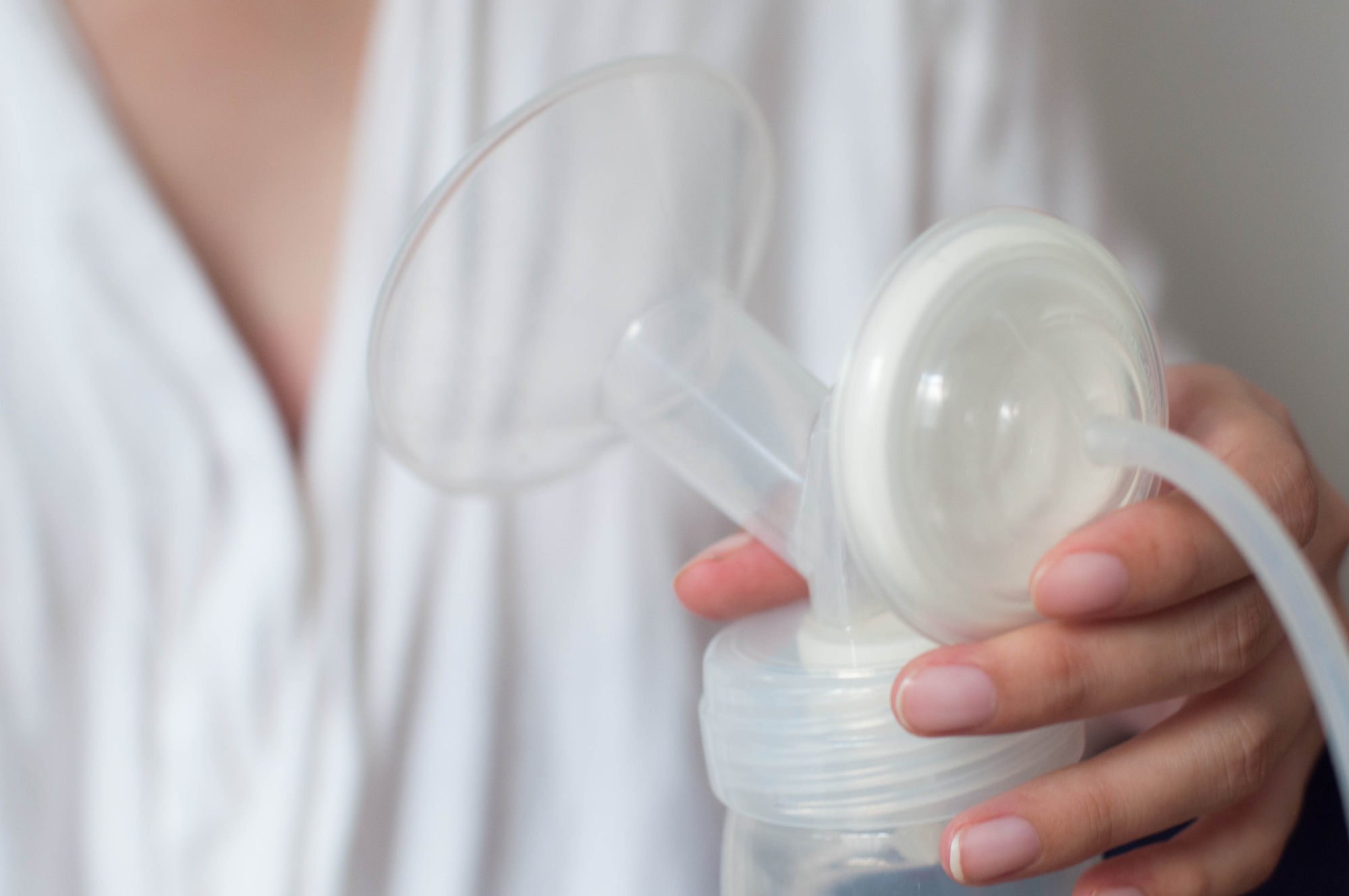
Human trial results for breast-milk-derived cancer cure show it shrinks bladder cancer tumours without causing side effects
- The treatment, made from a breast milk protein, could be the ‘gentle chemotherapy of the future’ – a trial on human patients found it works with no side effects
- Bladder cancer is one of the most expensive cancers to treat and has a high rate of tumour recurrence
An “accidental” potential cancer cure developed from breast milk has reached a new milestone following human trials.
Results from phase II trials of a drug made from alpha-lactalbumin, the most common protein in human milk, bound to oleic acid, have shown to be effective in killing bladder cancer cells.
The biggest advantage of the drug known as Hamlet is that, unlike traditional therapy, it does not harm healthy cells, so there are no side effects.

Ever since, Svanborg has been leading the research to develop a replica of breast milk protein to fight cancer, and build up conclusive scientific data of its effectiveness. She said the team was “very excited” by the latest trial results.
How breast milk could unlock the cure for some cancers
“If anything, the results were more clear-cut than expected, especially the precision of the treatment compared to the placebo. Considering the complexity of human disease, even with the best preclinical data and animal models, one can never be sure what to expect,” she added.
The human trials were conducted on 40 patients with non-muscle invasive bladder cancer in Prague, Czech Republic.
Patients had six doses of the drug, administered through a catheter into the bladder, over a one-month period before having surgery.
The results, published in Nature Communications, showed “highly significant” differences between the Hamlet-treated patients and the placebo group.
Those treated with the drug saw the rapid shedding of tumour cells into the urine within two hours, resulting in a significant reduction in tumour size.
“We are pleased and very excited. It takes a dedicated team and very hard work to take a discovery all the way to the clinic. It is wonderful to see beneficial effects for the cancer patients and no evidence of side effects so far. Publishing in a leading international journal such as Nature Communications also provides a quality stamp,” said Svanborg.
Mother’s milk could help fight coronavirus, study finds
The treatment was also shown to be safe with no drug-related side effects. This is due to the Alpha1-oleate complex being attractive to cancer cells, which it kills, but being less attractive to healthy cells.
“We need more evidence, but hopefully this could be the gentle chemotherapy of the future,’’ said Mats Persson, CEO of Hamlet Pharma.
Bladder cancer is associated with 200,000 deaths a year globally and has a high recurrence rate. It is the fourth most common cancer in the United States and fifth in Europe. Cancer is the leading cause of death in China and cancers related to Western lifestyles, such as bladder cancer, are on the rise.
Bladder cancer is also associated with the highest lifetime treatment costs per patient of all cancers, followed by colorectal, breast and prostate cancer. More than 80 per cent of patients see it recur after complete surgical removal of the first tumour and 15 per cent progress to muscle invasive disease.
Only three drugs have been approved for non – muscle-invasive disease in 30 years and access to these drugs is currently limited by insufficient supply.

“Bladder cancer is declared an unmet medical need by the Food and Drug Administration in the United States. It is a very common and costly cancer form with few new therapeutic options. The Hamlet human trial findings are one step on the way, and we are hopeful that Alpha1H will become widely used, possibly for early bladder cancer,” said Svanborg.
It is not known when the drug may be available as a licensed treatment. It must go through phase III trials. The team is now conducting dosing studies to optimise drug concentration levels for maximum effect and measure whether doses can be adjusted to meet individual patients’ needs.
“The time to market for a new drug is notoriously hard to predict, but initiating phase III trials will be an important landmark,” said Svanborg.

The team behind Hamlet, based at Lund University in Sweden, also recently made another surprising discovery.
They found that certain E. coli bacteria produce a substance that could potentially be used to treat bladder and colon cancer. The results were published in Nature Biotechnology.

